Harold Kuombola, National Director, CAMFED Malawi, 2015-2019
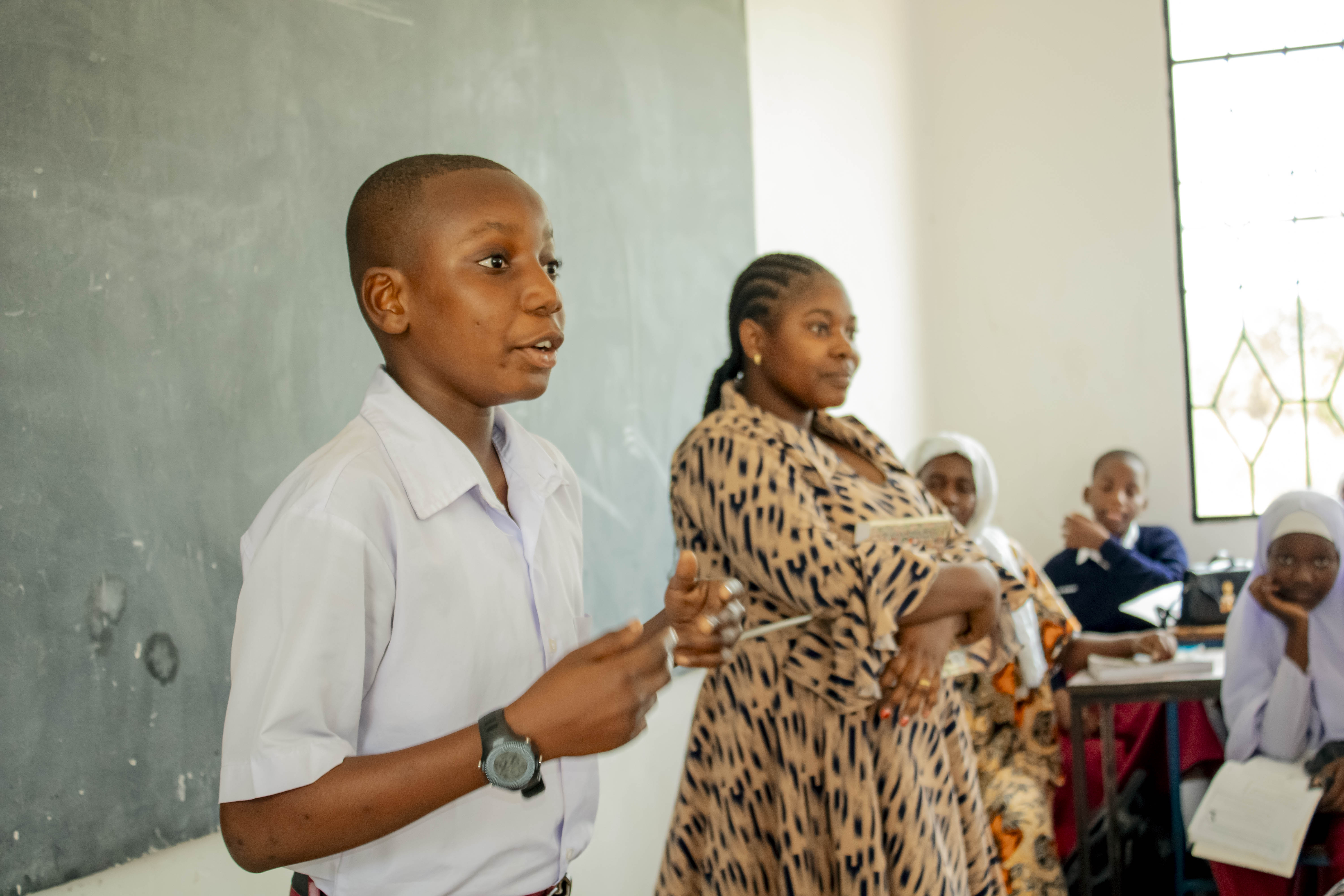
Why ‘big sisters’ matter
I'm Debora, a Learner Guide and school Matron in Tanzania. Once a vulnerable girl myself, I mentor students in Tanzania, helping them stay safe, stay…
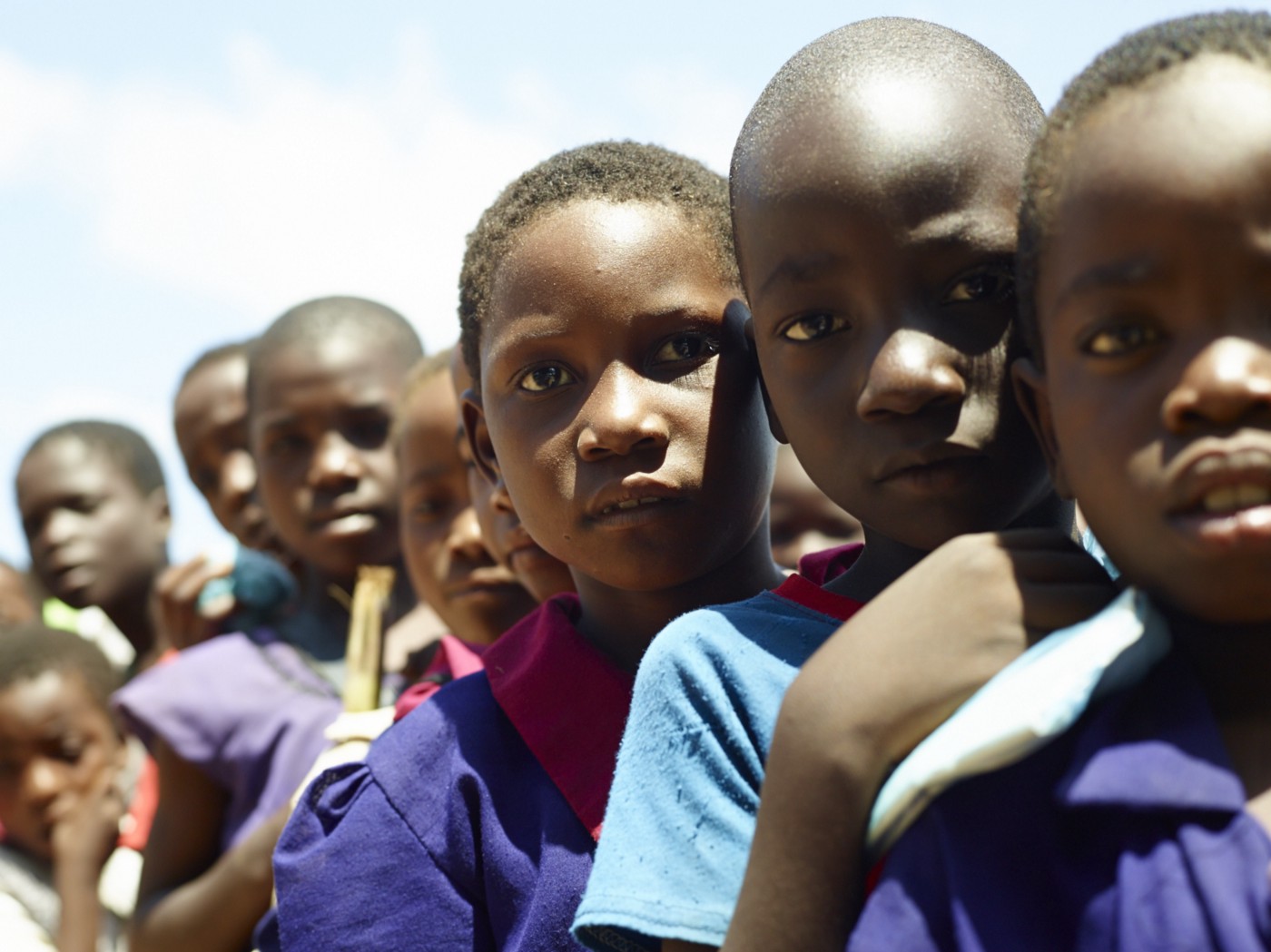
Harold Kuombola, National Director, CAMFED Malawi, 2015-2019
As the new academic year begins, our 17 district offices in rural Malawi receive two to three letters like this every single day, often forwarded from schools and from the Office of Social Affairs. Overwhelmed by the need, they turn to the partner most likely to help. But Camfed’s resources are limited, compounded by global crises and the regional drought which has had a devastating effect on the families of Malawi. Every day it hurts me anew to see the girls with so much zeal and promise left behind. These girls understand exactly what it means to fall below the line.
You can join Harold and his amazing team of staff and community volunteers to change the lives of thousands more girls by donating to Camfed’s urgent Back to School appeal.
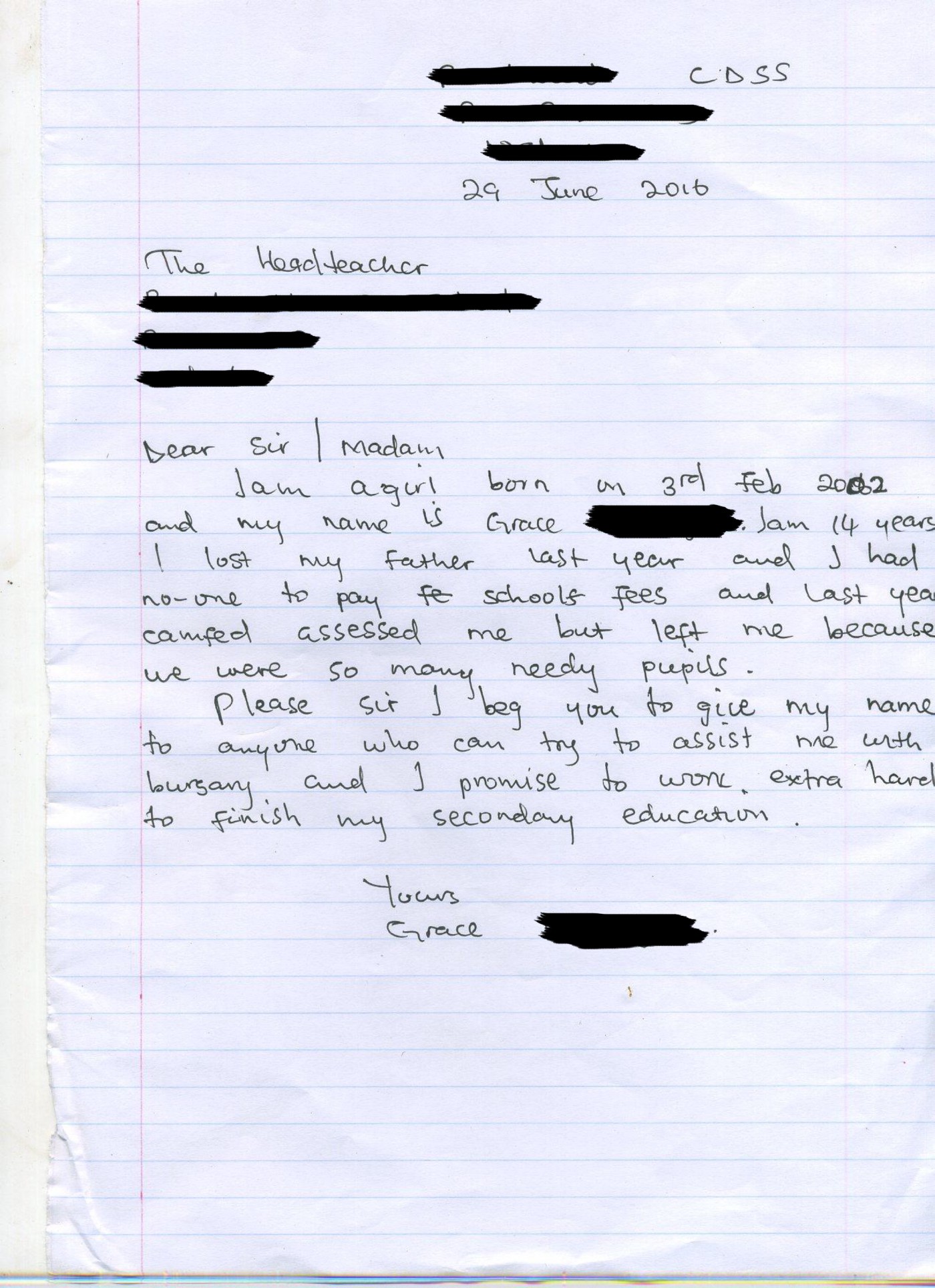
At our 381 partner secondary schools in rural Malawi, an average of 10 girls out of every 25 need support in order to take up their school places. Our resources only stretch to an average of 4 of these girls. At most schools, there are no other support programs available. This leaves thousands of girls without the support to continue their education, when this education could save their lives. It helps them escape early marriage and motherhood, HIV, and the violence of a life of hunger and hard work.
Every day we see the amazing transformation of girls given the chance to go to school
Camfed Malawi was launched in 2009, and since then I have seen the amazing transformation that happens when a girl — who is often an orphan living in a child-headed household – gets the opportunity to go to school. She can hold her head high because her fees have been paid and she has a clean uniform, shoes, a notebook and pen – school essentials children cannot take for granted. I am so proud of the young women these students grow into – 5,255 members in our CAMA alumnae network now work hand-in-hand with us to try to keep more girls in school.
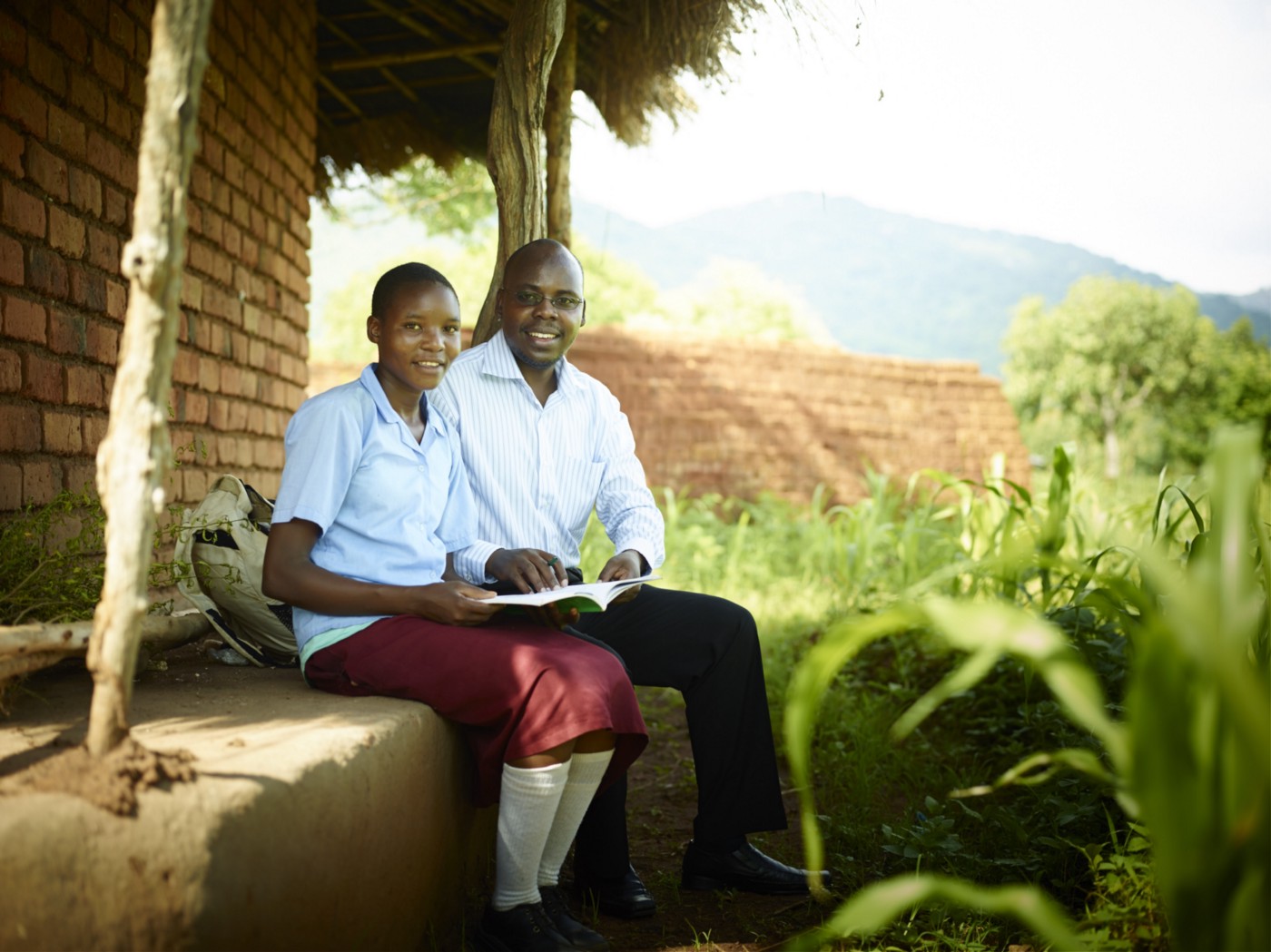
Me with Chikondi, one of Camfed’s hard-working secondary school scholars
This makes the tragedy of those left behind even more poignant. I see the zeal for education among mothers and girls, and the extra difficulties we all now face with cuts in funding and the terrible drought, which has reached a crisis point particularly in Southern Malawi.
At times it’s so tough that you can’t even pronounce the word ‘no’ to a child.

If Grace’s and Lydia’s letters break your heart, imagine facing these desperate girls and their families. At times it’s so tough that you can’t even pronounce the word ‘no’ to a child — to say we cannot support you because our resources have run out. Explain to someone that you don’t have the resources when you see that that person has the zeal and willingness to be in school. I’m aware of instances where even the members of our Community Development Committees (who coordinate Camfed’s selection process of the most vulnerable girls) come to the table and say, “Please, just add one more number for this girl, no matter what, take this one.” But you simply don’t have anywhere else to dig for funding for that additional child. And there are instances when people in the community try so hard, sending messages, saying “We’ll keep this child in school, whatever it takes,” and the Head Teacher will say, “OK, even if it means this child learning for the whole term without money, we’ll keep her, because I know this is the last chance for her.”
We don’t even know what $10 looks like
Recently I met a grandmother who was looking after her granddaughter, who got a place at a local secondary school. The grandmother walked all the way from her home, close to 25 km, to come to the District Education Office to request support. I was visiting the district at the time, and heard her story. She had been walking for hours, barefoot and on an empty stomach, exhausted from the heat. She and her granddaughter were living in a mud hut which is almost collapsed; using straw for a door. Every morning they have to find piece work just to get some food. Now there is the chance of secondary school, but the school is requesting the first $10. “We don’t even know what $10 looks like,” she told me. “We have never had money.”
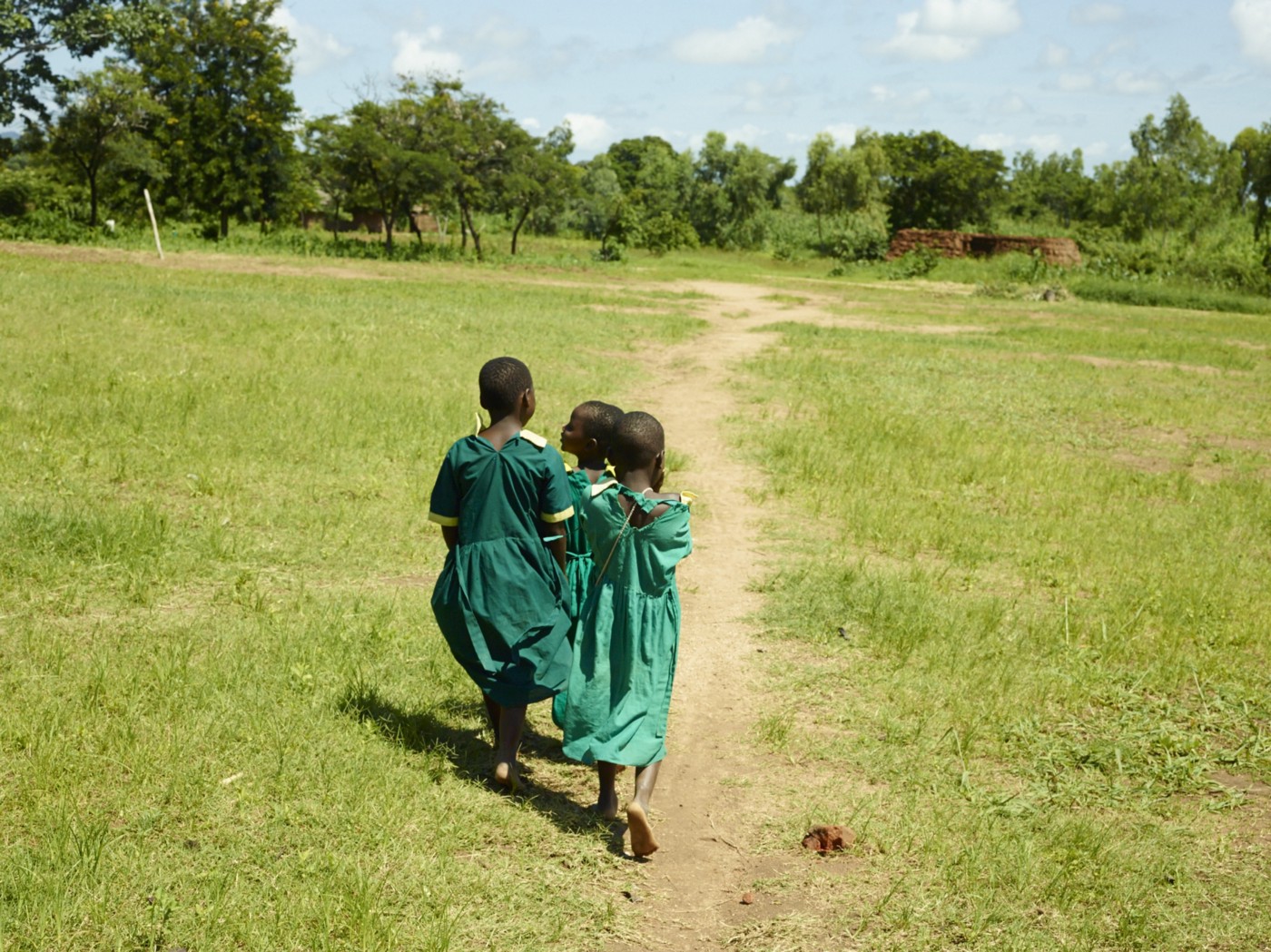
This grandmother’s zeal for girls’ education is no exception. I have seen cases where families would sell their only goat to try and raise the money to send their daughter to school; cases where they would sell their very last piece of land for school fees. There is so much motivation and eagerness, but then many families run out of things to sell, and then you will find that girls start missing school as they try by themselves to find money to sustain themselves in school. This vulnerability puts them in grave danger of exploitation leading to early pregnancy, child marriage and the many perils to her health, safety and mental well-being that ensue.
The mothers are working to ensure that there are less drop-outs from the food crisis
In addition to the long list of obstacles faced by girls and their parents, the lack of food caused by the drought in Malawi has reached crisis point, particularly in our Southern partner districts of Nsanje and Chikwawa. Estimates are that 90% of the population is affected. This food insecurity touches every area of a child’s life – and their prospects for the future, worse still for child-headed households. Girls especially are missing school on some days just to try and find piece work in exchange for food. And even if they make it to school, they would go on an empty stomach – and they wouldn’t be concentrating in class.
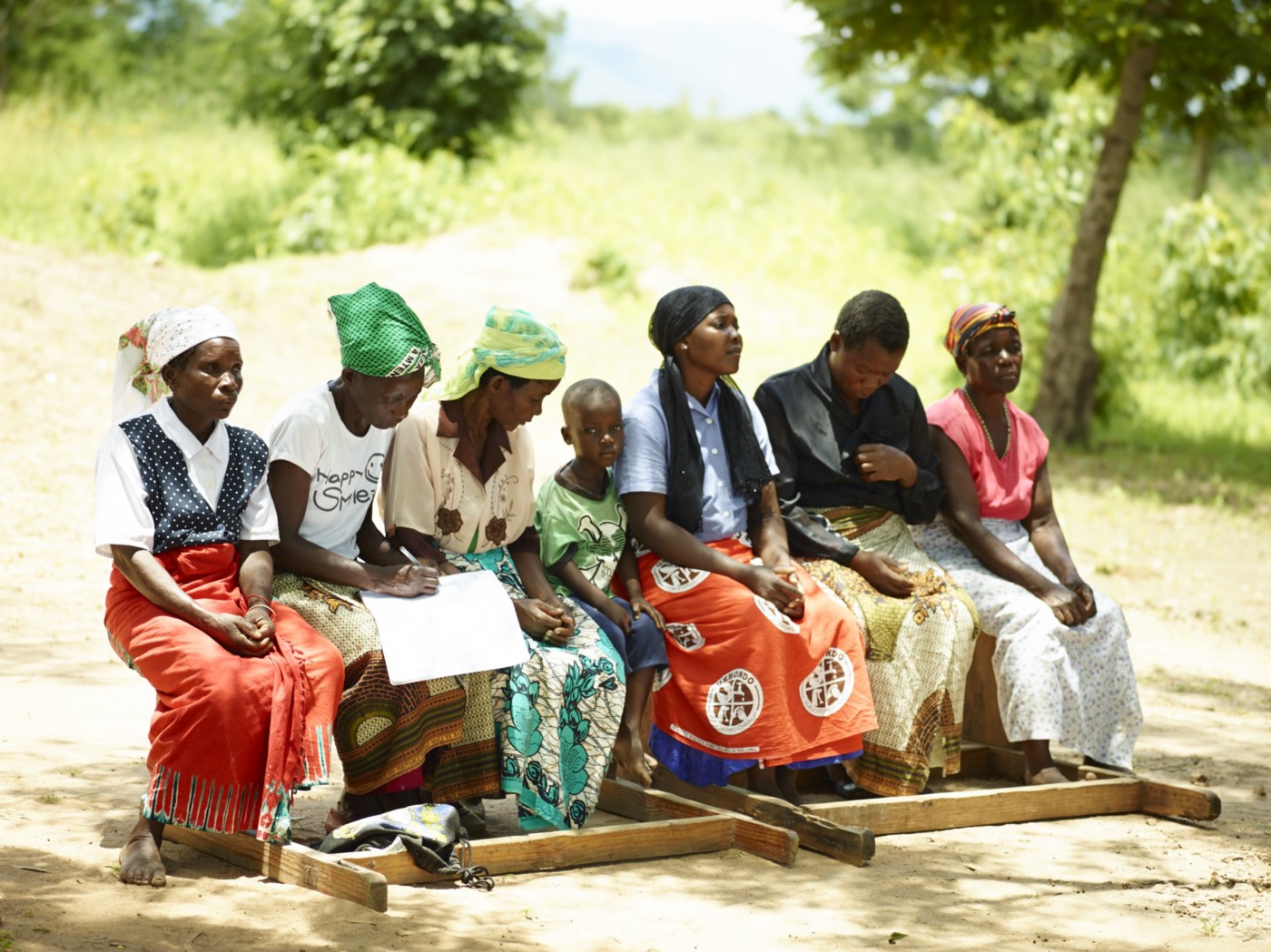
Our partner communities are doing what they can to help, especially the Mother Support Groups. Mother Support Groups, supported by Camfed, build on the zeal of women that is already there to do something to support vulnerable children; it’s just a matter of getting them organized in a formal structure. Once they see the opportunity, many women volunteer their time to support girls’ education, meeting regularly at the school. They are helping by providing the psycho-social support to the students who are affected by hunger.
The mothers are working to ensure that there are less drop-outs, that there is daily school attendance. They are tracking, in cases of absenteeism, what the major factors are — to try and link vulnerable students with the humanitarian support that’s coming through. They will invest 3 or 4 hours in a day, coming to a school, having meetings, and then doing home visits in their village, following up on a student who is not in school. They put in even more hours preparing school meals where the resources exist. Our Mother Support Groups from other regions are trying to mobilize resources to help — bags of maize for child-headed households, or money for boarding and other school going costs for students.
Learners understand that the best route for them out of deprivation is education.
I have visited child-headed households, where the burden of responsibility is on the shoulders of a young girl. She will say, “For us the priority is to get food on the table every day. If I had a chance to go to school, I would go to school, but if I went to school I would sleep on an empty stomach.” When we can offer the support, to take her anxiety away, the feeling is wonderful. When we pay school fees for that child, and work with Camfed’s CAMA alumnae and local mothers to help her feel safe and avoid exploitation, suddenly she starts regularly attending school. And when we support her with study circles (introduced by Camfed to drive up the quality of learning , and now adopted by Malawi’s Ministry of Education across the school system), then you find the child participating actively in class work and loving to be in school. So the support that comes in creates a conducive environment and builds on the motivation and the zeal that the girl has to get an education. Learners understand that the best route for them out of deprivation is education. They just don’t have the means to break that cycle of poverty alone.
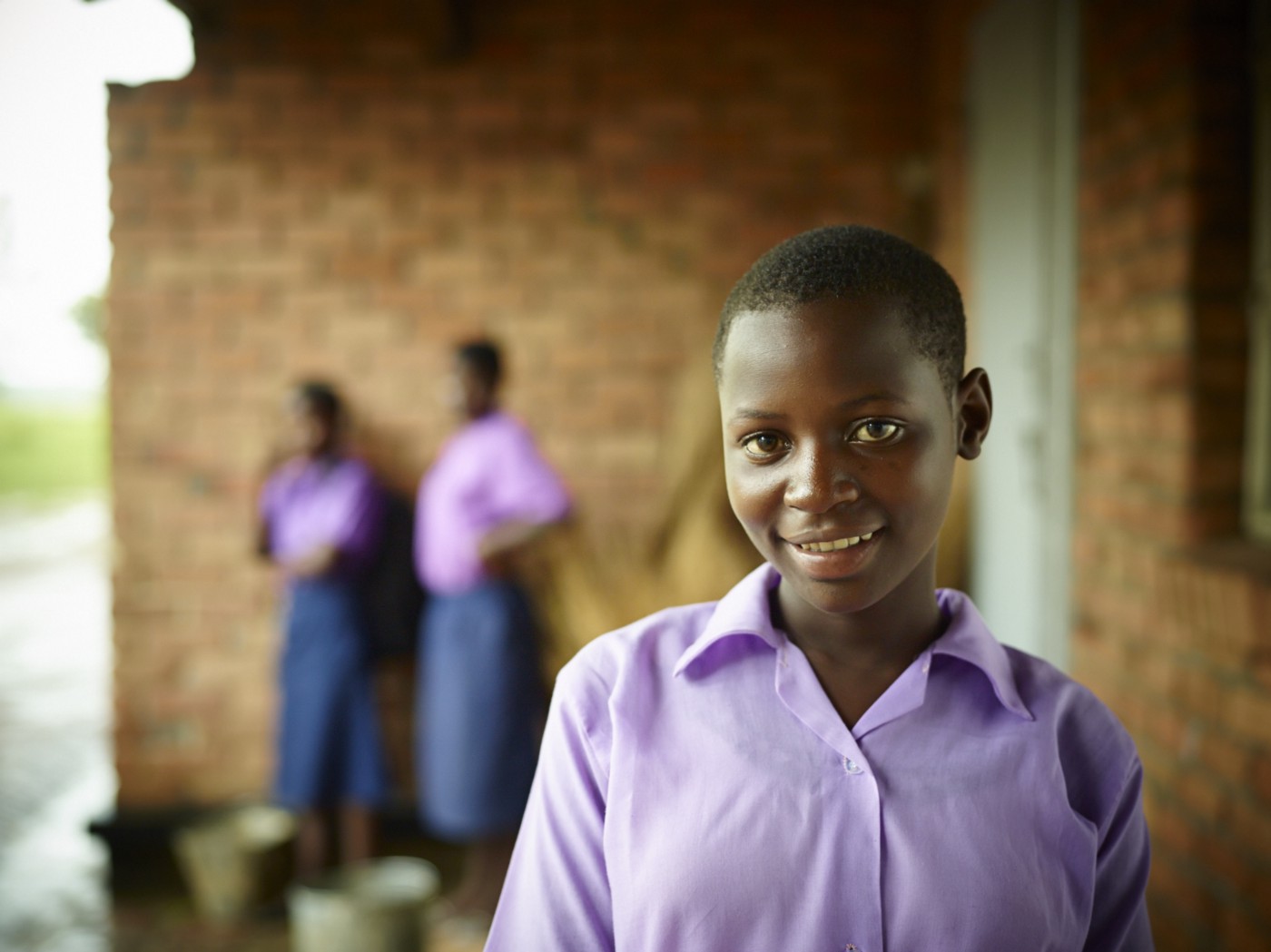
Harold Kuombola joined Camfed in 2011, bringing extensive experience in monitoring and evaluation of rural development programs. Harold has led the growth of Camfed Malawi and took up the role of National Director in early 2015.
You can join Harold and his amazing team of staff and community volunteers to change the lives of thousands more girls by donating to Camfed’s urgent Back to School appeal. As part of the appeal, Camfed Malawi has committed to supporting Grace and Lydia. With your help, many more determined girls will be back in school and thriving.

I'm Debora, a Learner Guide and school Matron in Tanzania. Once a vulnerable girl myself, I mentor students in Tanzania, helping them stay safe, stay…
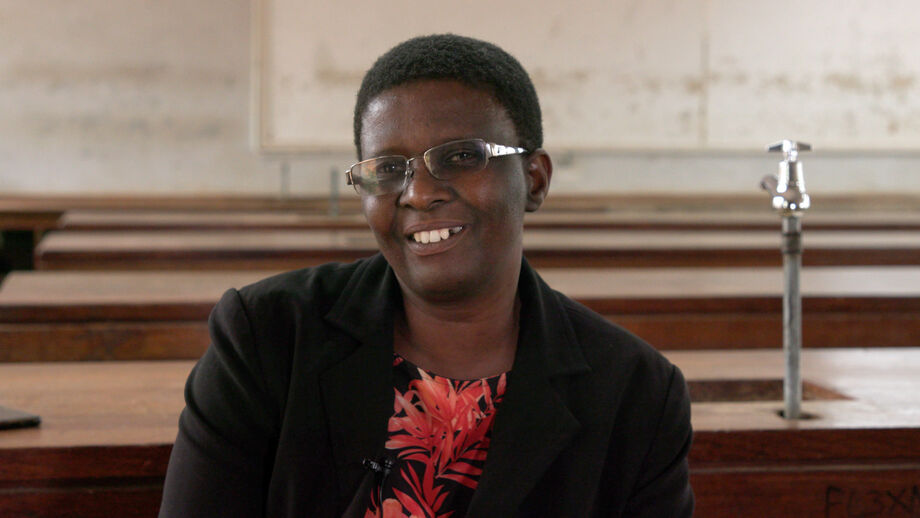
As a CAMFED trained Teacher Mentor, I always advise girls that marriage should be their last choice, that they should prioritize their education so that…
Katherine Elias $200
Stephanie Gonzales £7.5
Enrique Loy $269
Stephanie Gonzales £10.6
Stephanie Gonzales £26.2
Miguel Armijo $31.9
Sydney Gurewitz Clemens $10.9
Jessy Clement $31.9
Brock Warner $5.6
Alexis Taylor $47.6